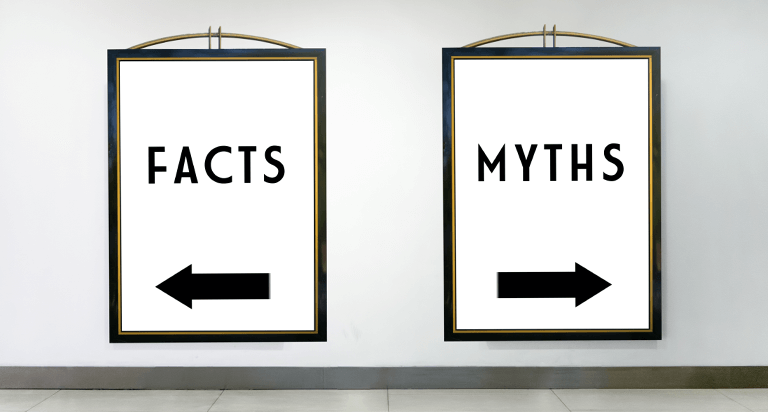Can You Remove Late Payments from Your Credit Reports?
Knowing what's on your credit reports is important whether you’re just starting to build credit or you’re planning a big purchase like a house or a car. Let’s explore what’s on a credit report … and how they’re used. [Duration - 3:23]
Highlights:
- In most credit scoring models, your payment history is the biggest contributing factor to your credit scores, so late payments can have a significant impact on them
- If you act quickly by paying within 30 days of the original due date, a late payment will generally not be recorded on your credit reports.
- Although late payments may remain on your credit reports for seven years, they generally have less influence on your credit scores as time passes, especially if it's a one-time mistake.
While it's best practice to avoid late payments on loans and credit cards whenever possible, sudden financial hardship can happen to anyone. Here's what to know about how late payments can affect your credit scores and what you can do to prevent them from showing up on your credit reports.
How do late payments affect your credit health?
In most scoring models, your payment history is the biggest contributing factor to your credit scores. As a result, even a single late payment can harm your credit health. The exact impact of a late payment depends on several factors, including how long the payment has been past due.
Creditors usually don't notify consumer reporting agencies of late payments for 30 days. After that, late payments will appear on your credit reports, and your credit scores will likely drop. Your credit reports will note how many days the payment is past due in 30-day increments: The longer you take to make the late payment, the more severe the consequences.
The impact of a late payment also depends on where your credit scores were prior to the late payment. If you have an excellent credit history, for example, a single late payment is likely to have a larger impact on your credit scores than it would if you have a less favorable credit history. That's because someone with a lower credit score already has their negative credit behavior reflected in their credit scores.
If enough time passes following a late payment, the creditor may transfer your account to a collection agency or sell your debt to a third party. In this instance, the collection agency or debt buyer may take measures to contact you and secure payment. Having a debt in collections can significantly harm your credit scores and leave you fielding calls from debt collectors.
How long does a late payment stay on your credit reports?
The effects of late payments are long-lasting but not permanent. A late payment will be removed from your credit reports after seven years. However, late payments generally have less influence on your credit scores as more time passes.
Unpaid debts and debts in collections also generally come off your credit reports after seven years. However, it's unwise to leave debts unpaid in the hopes that they will simply disappear. Debt collectors can continue to take steps to recover what they are owed, which may include pursuing legal action against you.
Can you remove late payments from your credit reports?
If you act quickly by paying within 30 days of the original due date, a late payment will generally not be recorded on your credit reports. After 30 days, you can only remove falsely reported late payments.
It's a good idea to regularly check your credit scores and reports. For a free monthly VantageScore® 3.0 credit score and Equifax® credit report, create a myEquifax account and click “Get my free credit score” on your myEquifax dashboard to enroll in Equifax CoreCredit™. A VantageScore is one of many types of credit scores. You can also get free credit reports annually from the three nationwide consumer reporting agencies — Equifax, TransUnion® and Experian® — at AnnualCreditReport.com.
If you believe any information in one of your credit reports is incomplete or inaccurate, you can file a dispute. Contact both the creditor and the relevant consumer reporting agency to notify them of information that's incomplete or inaccurate.
What should you do about a late payment?
If you think you may struggle to pay what you owe, contact your creditor in advance. Some creditors may be willing to work out repayment arrangements with borrowers facing exceptional financial circumstances. By taking action before a late payment, you may be able to avoid damage to your credit scores and expensive late fees or penalties.
Try to avoid falling further behind by making partial payments as soon as you can, even if you can't afford the full amount. The impact of a single late payment may be manageable, but a series of late payments is likely to have serious consequences.
When it comes to late payments, the stakes are high, but the good news is that catastrophe isn't always inevitable. Responsible spending habits and conscientious financial planning can help you intervene before your debt gets out of hand.
Get your free credit score today!
We get it, credit scores are important. A monthly free credit score & Equifax credit report are available with Equifax Core CreditTM. No credit card required.



